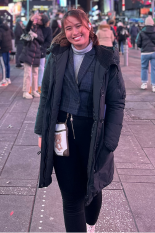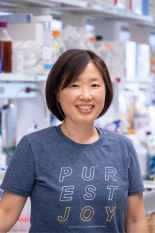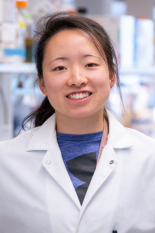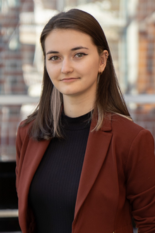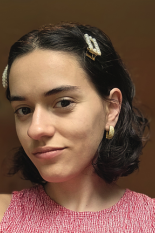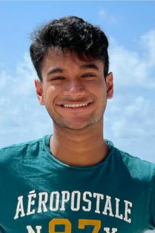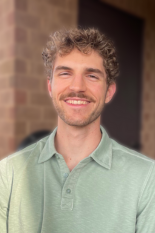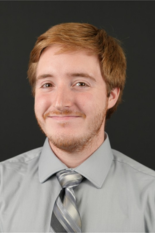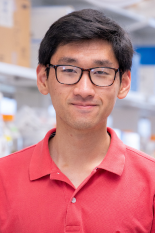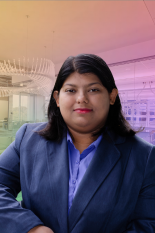News Story
Fischell Foundry Spotlight: Kevin Aroom
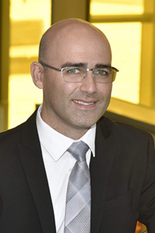
Kevin Aroom is a senior engineer for the Robert E. Fischell Institute for Biomedical Devices. As an engineer, his work ranges from defining device specifications with other researchers to design work with Computer-Aided Design (CAD) software to fabrication using 3D printing or Computer Numeric Control (CNC) machining. He also can be found programming or testing a prototype using equipment in the lab. Aroom's areas of expertise are mechanical design, rapid prototyping, medical imaging segmentation, and biomedical instrumentation.
After working in the Department of Surgery at UTHealth at the Texas Medical Center for more than a decade, Aroom was approached by Fischell Institute Director Bill Bentley with the opportunity to join the Fischell Institute team. He is a University of Maryland alumnus and obtained his bachelor's degree in Biological Resources Engineering, the predecessor to the Bioengineering program.
Curious about biomedical devices, Aroom attended the University of Texas at Austin for his Master's in Biomedical Engineering. While there, he had to teach himself many new skills needed to build a portable medical device, including fabrication, microcontroller programming, and circuit board design.
After graduation, he moved to Houston and worked for a team of surgeons at UTHealth, home of the busiest level 1 trauma center in the U.S. There, he was the resident engineer for both the Surgery and Pediatric Surgery departments and developed several devices and systems for various clinicians. The projects ranged from portable resuscitation devices for austere environments to 3D-printed models for surgical planning and bioreactors for cellular therapy applications.
Aroom is currently participating in projects involving pediatric growth tracking, orthopedic implants, automation of standard bedside procedures, a highly functional wearable device that can track several physiological attributes, and a low-cost laparoscope. He likes working with researchers and clinicians with a solution-oriented mindset on problems affecting people in need. He also finds it crucial to pass the skills and knowledge to the next cohort of engineers who will need to continue innovating.
In the future, Aroom hopes to assist clinicians and other researchers in developing their new ideas by building functional and robust prototypes and getting a product out of the lab and to the bedside, where it can do some good. He also enjoys advising students in Capstone projects, independent research, and student volunteer groups. He has also taught undergraduate-level classes focusing on CAD and finds value sharing his knowledge and experience with students. He is also interested in working on projects relating to global health applications where expensive devices or procedures can be replaced with straightforward, cheaper, and more robust options.
Outside of work, Aroom enjoys various outdoor activities, including bicycling, gardening, skiing, and camping. Recently, he picked up archery as a hobby. He stated that it's crucial to maintain a calm yet determined focus throughout the shot. With today's constant barrage of technology-mediated distractions, it is vital to practice such techniques. "I guess it is similar to yoga but with a more tangible objective," he said.
Published February 9, 2023
